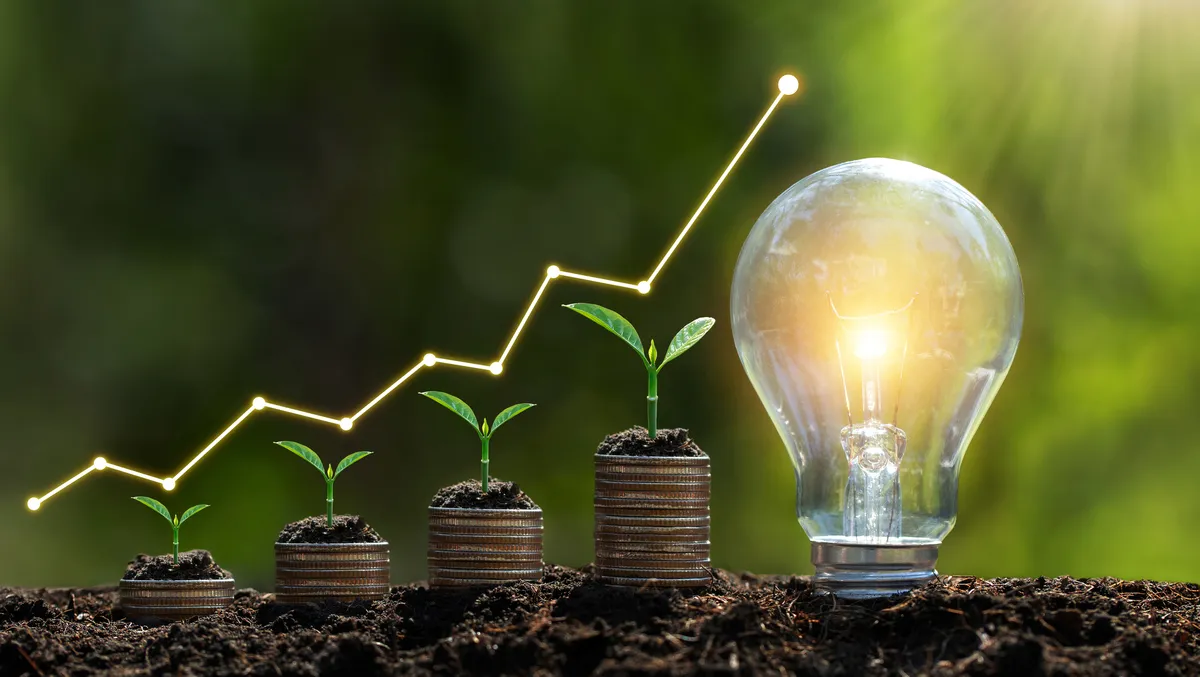
Money, not ethics, will fuel green market opportunity
Environmental sustainability is primed to be a historic business opportunity with massive investments earmarked to fight climate change, according to new research from Forrester.
To combat climate change, governments, investors, consumers, and companies worldwide are stepping up to invest in and embrace more sustainable solutions.
The US and the EU alone are currently spending $1.4 trillion toward environmental sustainability and climate adaptation; there is $17.5 billion in VC funding for green tech; and the market for green financial instruments globally is $658 billion, says Forrester.
These factors are combining to create what Forrester terms as the green market revolution a historic business opportunity on par with the first and second industrial revolutions.
As a result, companies will no longer view environmental sustainability as primarily an ethical responsibility, but an unprecedented business opportunity that they cant ignore.
The green market revolution is set to transform the transportation, energy, and construction sectors; investment in sustainable finance products; and the sourcing and delivery of sustainable goods and services. Leading firms are pushing past greening their operations to pursue corporate sustainability in all their products and practices.
Forrester's 2022 data shows that, among business and tech professionals who indicate that improving sustainability is a priority for their organisation, 17% are launching new green products and services. Also, firms that make public environmental sustainability commitments and act on them build trust with their stakeholders and increase their business resiliency.
Forrester says there are several key considerations for business, marketing, and technology leaders seeking to capitalise on the green market revolution, which will unfold over the next several decades.
It says the green market will transform societies and the global economy. The green market is not solely about renewable energy and batteries. It will reshape and affect everything we do: how we make products, how we transport ourselves and goods, how we heat and cool our environments, how we finance and protect our assets, and what we eat. B2C CMOs are doubling down on sustainability, with 76% noting that green initiatives are among their top five priorities for the rest of 2022.
Moreover, the number of active green consumers will rise. Incentives for consumers to invest in everything from electric vehicles to home energy improvements are making consumers not only more aware of their options but also more likely to make green purchases. Forty percent of online adults in France, 37% in the UK, and 36% in the US would rather purchase products from a brand that takes action on climate change, even if the price of the product is higher.
New investments in both software and hardware technology for sustainability features will be made. Companies and end-users will rely on hardware such as sensors and software such as AI to enable and track new products. As emerging technologies such as blockchain and AI improve observability and efficiency, companies from consumer-packaged goods to industrial equipment manufacturing will need to embed these capabilities into their products.
According to the research, US and EU regulations on risk reporting and sustainable finance will reshape markets. New SEC proposed rules would require publicly traded firms to report their scope 1, 2, and 3 emissions. In the EU, initiatives including Taxonomy Regulation, the European Green Bond Standard (EU GBS), and the Sustainable Finance Disclosure Regulation (SFDR) will curb corporate greenwashing and provide standards for sustainable finance.
Russian importing bans will accelerate energy transitions and self-sufficiency, Forrester says. As Western governments ban imports of Russian fossil fuels, theyre accelerating a long-term shift to renewable energy to compensate. Germany has accelerated plans to produce 80% of its energy from renewable sources by 2030 and nearly 100% by 2035. Finland is expanding nuclear power generation, and even Japan is recommitting new nuclear energy investments.
"Environmental sustainability represents a historic business opportunity for companies to develop new products and services and facilitate or enable a new green market," says Sharyn Leaver, Chief Research Officer at Forrester.
"Forrester's extensive research on topics including changing consumer attitudes and behaviours, the state of environmental sustainability in the Fortune 200 global, the evolution of green finance and products, and how leaders can incorporate sustainability into their product roadmaps will help companies, government agencies, countries, and cities accelerate their sustainability journeys."


